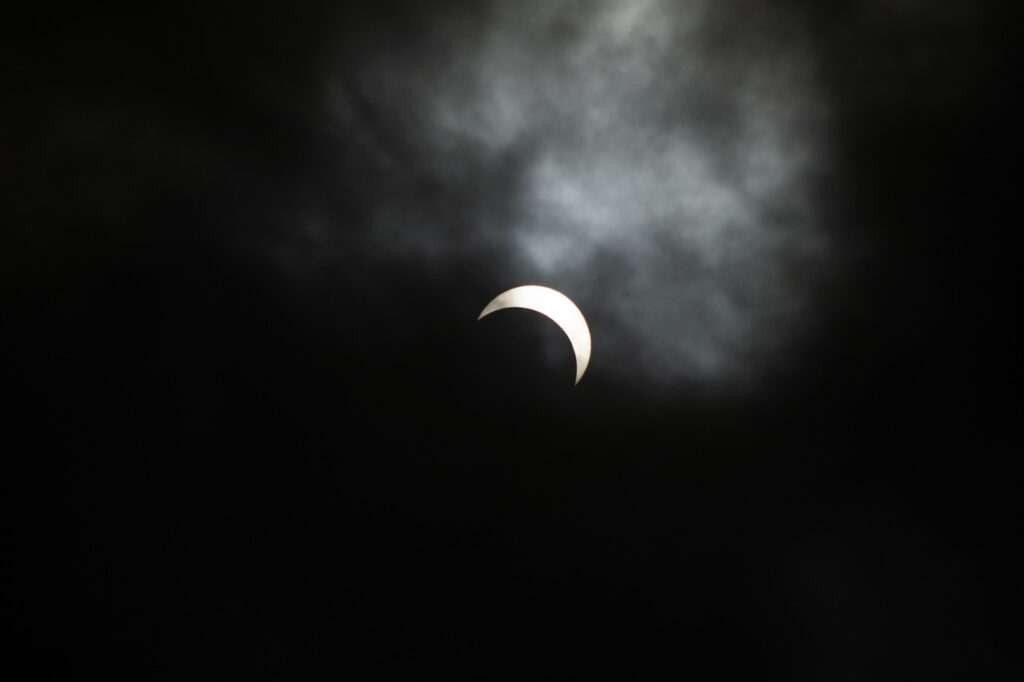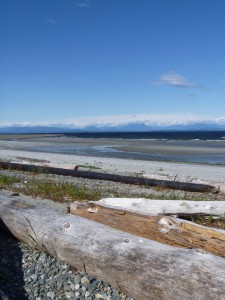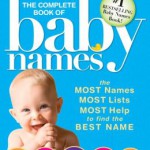
Celestial events are on my mind lately, influenced at least in part by this week’s solar eclipse. We didn’t see it here but some of my friends and relatives back east had a spectacular view. Even people who don’t normally follow these kinds of things seemed to be talking about it.
Some gardeners believe eclipses, moon phases and other activities in the heavens can impact our plants and gardens. The Farmer’s Almanac even provides information to help gardeners follow celestial rhythms. But gardeners aren’t the only ones who take their cues from gazing skyward. Many of the writers I know do too, particularly when it comes to the planet Mercury.
Mercury, in case you didn’t know, is the closest planet to the sun and the fastest one in our solar system. It rules communication of all kinds, as well as publishing and everything related to that industry. It rules other things too (technology, including computers, and travel being two of the biggies). Three times a year Mercury appears to move retrograde or go backwards for about three weeks at a time. When that happens, lifestyle stories sometimes pop up in the news or on social media feeds warning that Mercury is about to play havoc with communication, travel plans or our computers. And it’s true, if you follow the patterns, that there are more Mercury-related glitches during a retrograde period. But writers love it when Mercury is retrograde because it’s the perfect time to revisit manuscripts and refresh them. In fact, it’s the perfect time to do anything that starts with the prefix ‘re.’ And Mercury is retrograde right now.
Ironically, until the solar eclipse, I’d been too busy to notice. We have five yards of fish compost in our driveway waiting to be spread on the garden beds we’re revamping. I have a manuscript sitting on my desk needing to be reassessed and revised. There’s recycling that needs to be dropped at the depot. An orchid that needs to be repotted. All of these things are calling to me because in a few days we’re heading to the mainland to revisit family and friends and I’d like them done – or well underway in the case of the manuscript – before we go. The eclipse made me take a step back and look to the heavens. That’s when I realized I’m caught up in a number of Mercury retrograde activities. Does that mean I’m in the celestial flow? I hope so. I’ll report back in a few weeks. When Mercury goes direct.














Comments